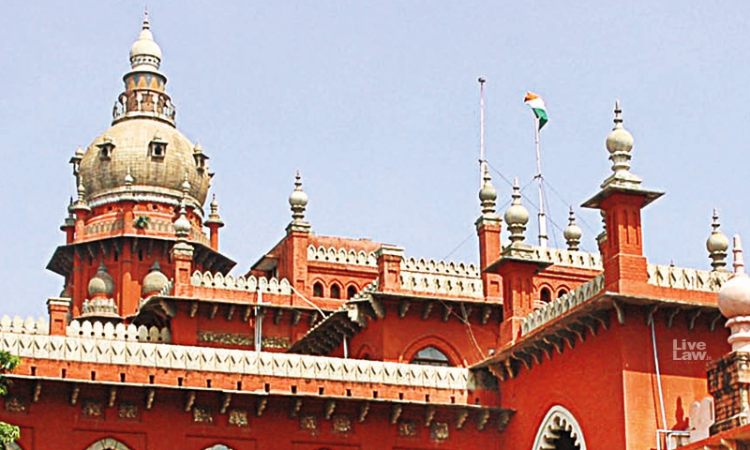'Union Can't Usurp the Powers Of State Governments': Plea Before Madras High Court Challenging The Vires Of Dam Safety Act
Sebin James
5 Jan 2022 10:20 PM IST

Next Story
5 Jan 2022 10:20 PM IST
On Senior Advocate P. Wilson's request to list the matter urgently, Madras High Court has posted the plea challenging the vires of the recently enacted Dam Safety Act, 2021 on January 10.The public interest litigation preferred by DMK MP from Mayiladuthurai, S. Ramalingam, was mentioned before the bench on Tuesday. Thereafter, the first bench of Acting Chief Justice Munishwar Nath Bhandari...
